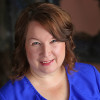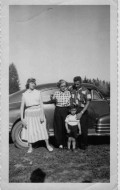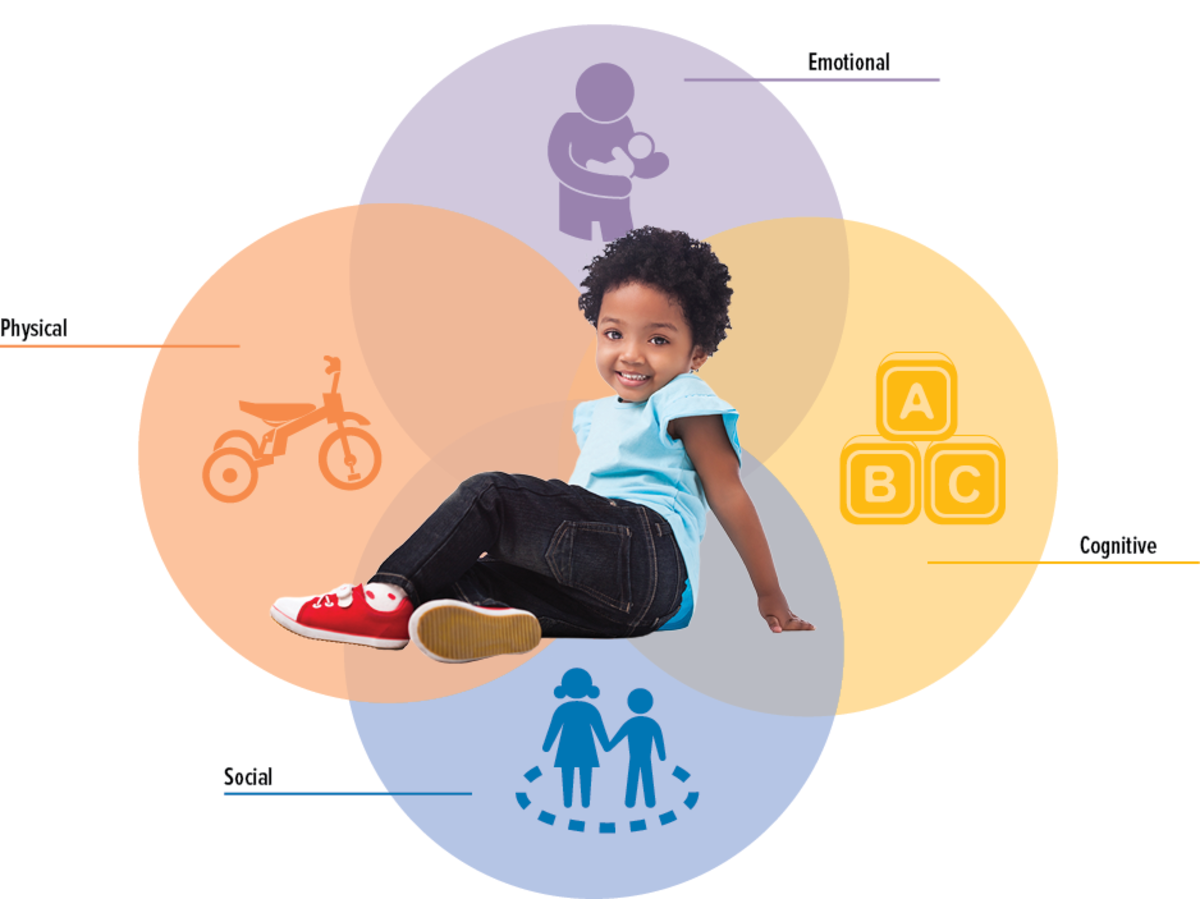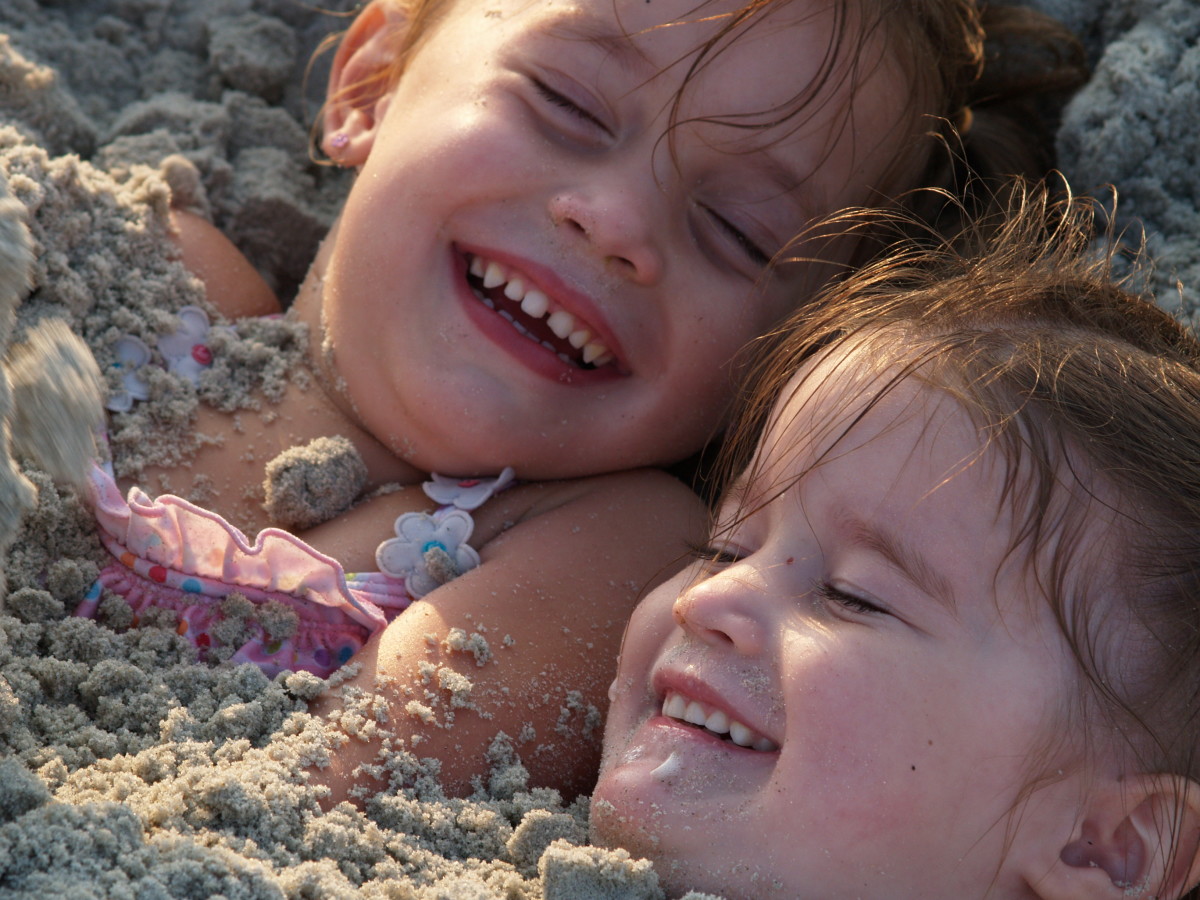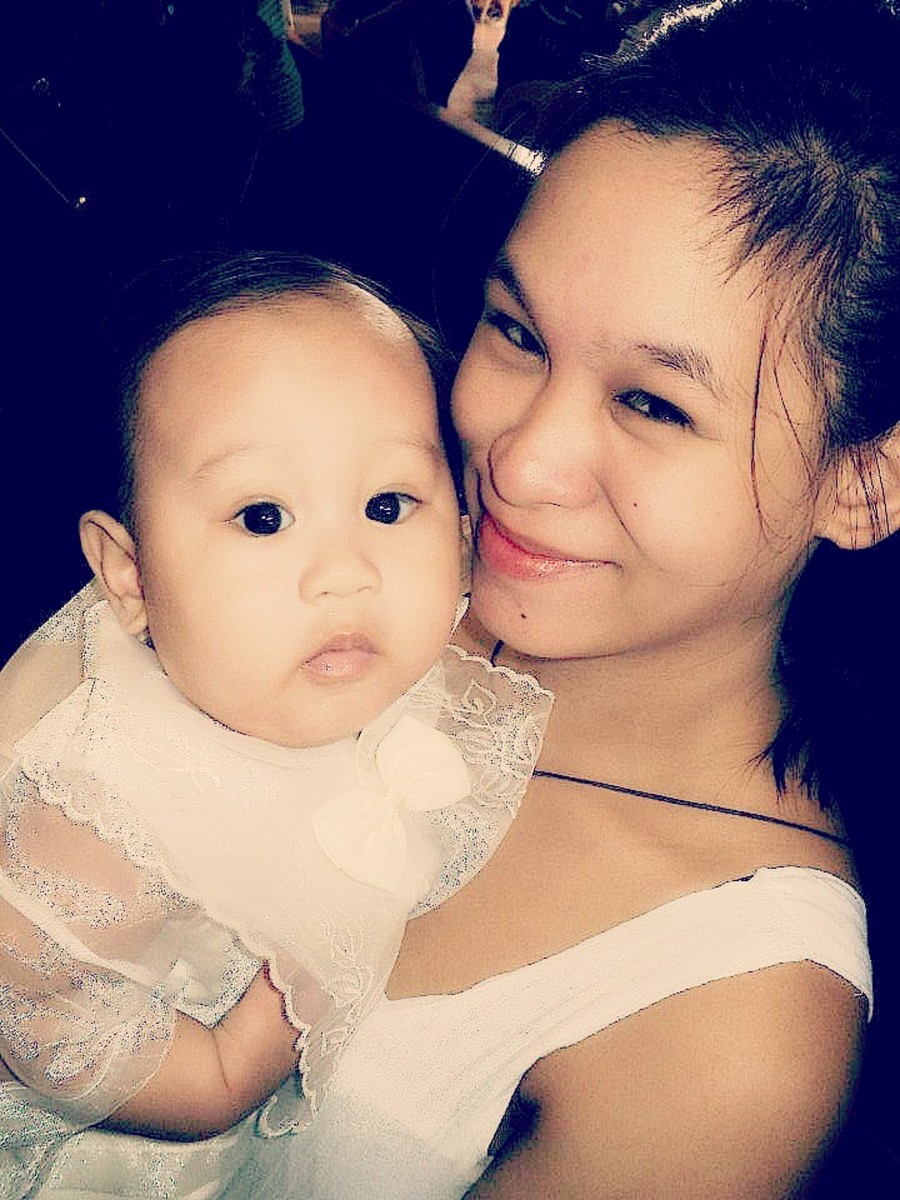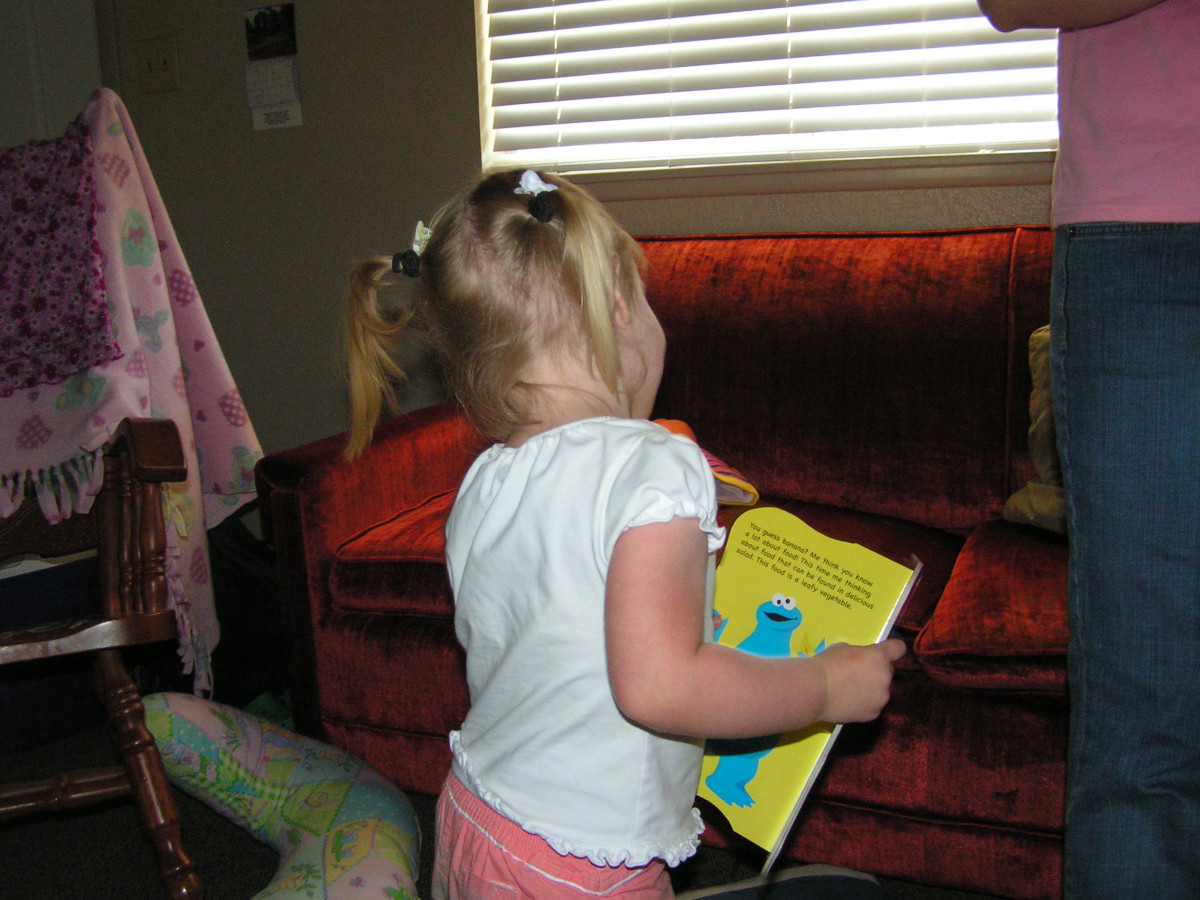- HubPages»
- Family and Parenting»
- Parenting Skills, Styles & Advice»
- Parenting Advice & Tips
Positive Parenting Advice for New Parents
Babies Don't Come with an Operator's Manual
"We don't get owner's manuals when we bring our babies home from the hospital."
How many times have you heard or even said that? I have heard it more times than I can count. Still, we want to do the best we can in raising healthy, safe, and happy children. So where do we go to find good advice?
No complete manual exists for raising healthy, safe, and happy children
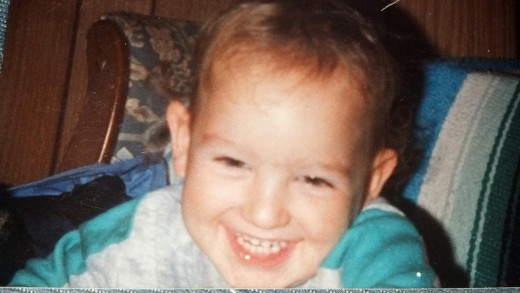
The Problem with Learning from Family Members
We could go to our family and friends for advice. Some familial and friendly advice is good. Some of this advice can actually be harmful to our child like putting whiskey in a baby's bottle when the baby is teething, or giving the child honey before he or she is two years old. So where should we go to find the right information?
We can, of course, read books about the subject. However, what books should we read? Right now on Amazon, there are 163,206 books and other products created to help parents raise their children. To top it off, it seems as though one book contradicts the previous book you’ve read, and there are so many. How do we know which ones to read?
Parenting Resource: Learning the Basics
For a book that gives, you as a new parent, the necessary information for raising your child during the first two years of life, this first book is a good place to start. The Baby Book: Everything You Need to Know About Your Baby from Birth to Age Two (Revised and Updated Edition) by William Sears, Martha Sears, Robert Sears, and James Sears, as the title says explains the milestones of the first two years of your child’s life. The book explains the seven baby B’s of attachment parenting. It explains the ten steps to a safe and healthy birth and the needs of the baby after he or she comes home. It explains the nutritional concerns of the child from breastfeeding, bottle-feeding, and when what, and how to feed solid foods.
The authors cover issues such as sleep issues, multiple births, and when the parent has to work. Also, cover developmental and behavioral milestones. They also explain potty training, behavioral problems, health issues, and general first aid.
Parenting Guide for Simplifying Child Raising
For a manual to simplify your life with advice concerning how to raise your child, a good book to check is Simplicity Parenting: Using the Extraordinary Power of Less to Raise Calmer, Happier, and More Secure Kids by Lisa M. Ross. In this book, Ms. Ross explains how more is not better. She tells how important it is to simplify a child’s environment. A child should not be exposed to the stresses of the world that are brought on by exposure to computers, television, or even other people. By creating a safe simple environment for our children, we set them up in a healthy environment that promotes growth. In addition to clearing our child’s environment of external stressors, Ms. Ross recommends that we provide a simple schedule where not every minute of every day is stressed by activity every minute of every day.
Parents' Guide to Enjoying Their Child
In another book Love and Logic Magic for Early Childhood: Practical Parenting from Birth to Six Years, Jim Fay shows how parenting can be an enjoyable experience. In this book, Mr. Fay explains how to teach your child discipline by teaching them to behave logically when given boundaries. Mr. Fay demonstrates that when children are taught that their actions bring consequences, they will no longer blame others, and they will learn to make wise logical decisions.
Fay shows how the answer to this is not in punishment, but in creating loving boundaries. He also explains that misbehavior is a part of a child’s discovery of his surroundings. Sometimes what we think of misbehavior is actually our child wondering “what if” “what if I spit my food across the table.” What if I throw a fit when I don’t get what I want?” At other times, a child misbehaves because we the parents are already frustrated and angry, and this, in turn, upsets the child, and out of frustration the child will misbehave.
Direct Professional Help
Books that you read and your family and friends are only part of the equation. Sometimes, especially when your child has a special need, these avenues are often insufficient to help you in your situation. Remember too that there is also a wide range of professionals, both educational and medical, who can help answer your questions for helping you keep your child healthy, safe and happy.
One of the first places that you can seek advice concerning your child is of course your pediatric physician. Another is to ask questions of your local social services office, Another place to locate professional help is by contacting your local parents and teachers association. If these services cannot help you personally, they can connect you with individuals who can help you with your parenting needs.
Find Parenting Articles by Googling It!
Back when I was pregnant with my daughter, every day I would go to websites to learn the latest information concerning pregnancy and childraising. I can find any information I want on the internet.
One word of warning though, just as family and friends are not the most reliable sources of pregnancy or child-raising information, not everything you read about these subjects on the internet is correct. Make it a habit to look for this type of information online by sticking with reputable sites like WebMD.
Develop Your Own Parenting Intuition
There's a lot of good advice out there, but probably the most important thing that you can do as a parent is to get to know your own child.
Back a number of years ago when my eldest child was a baby, he coughed and sniffled mainly at night. I wasn't too anxious about the symptoms, but my husband was insistent that I take my son to the doctor for his symptoms.
I told him, "Look, it is probably just that he is teething or he has some minor allergies. I doubt the doctor will give him anything for it and I'll have wasted several hours at the doctor's office, but since you won't take my word for it, I'll go just to prove my point."
As you can probably guess, the doctor told me that he was either teething or had allergies.
Several years later, with this same son, I got a call from the school and the nurse told me that my son had fallen at school and injured his arm and she thought that he might have broken it. I told her that I doubted that he had broken it, but that I would come and take him to the emergency room and get x-rays just to prove that his arm wasn't broken.
As you can probably guess, the x-rays showed that his arm was not broken.
All that said, I guess I might be more intuitive than most people, therefore, always seek the advice of professionals when symptoms don't get better or if symptoms get continually worse.
The best advice I can give is to enjoy your child while he or she is yet young. They are only little for a very short time.
This content reflects the personal opinions of the author. It is accurate and true to the best of the author’s knowledge and should not be substituted for impartial fact or advice in legal, political, or personal matters.
© 2013 Cygnet Brown
